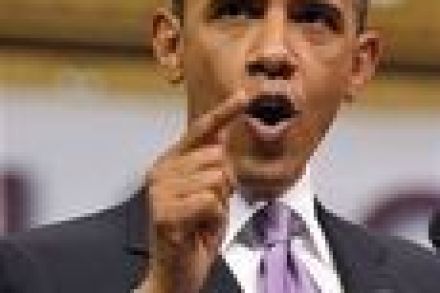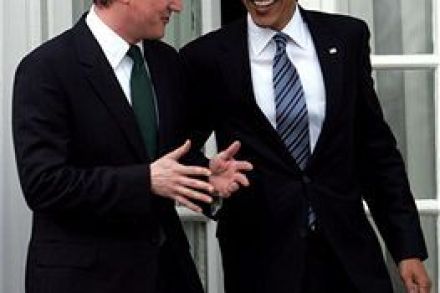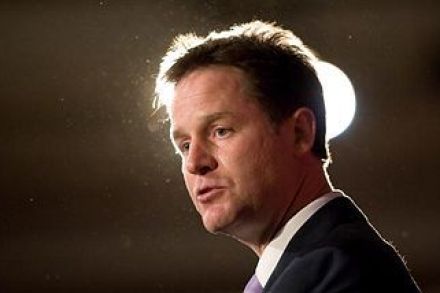Cameron wants troops out of Afghanistan by 2015
Everything about the Cameron government comes in fives. Five year terms, a five-year coalition and now we learn that it is Cameron’s considered opinion that British troops cannot remain Afghanistan for another five years. All Cameron has offered is the hope that troops will be home before the proposed May 2015 election. Five more years in Helmand on the current trajectory would be extremely costly and unpopular, especially given the political pressure surrounding defence cuts. Cameron realises this but will the nature of Britain’s engagement change? The assumption was that Britain would mirror President Obama’s timetable and begin a gradual withdrawal next year. That political and military strategy depended on



















